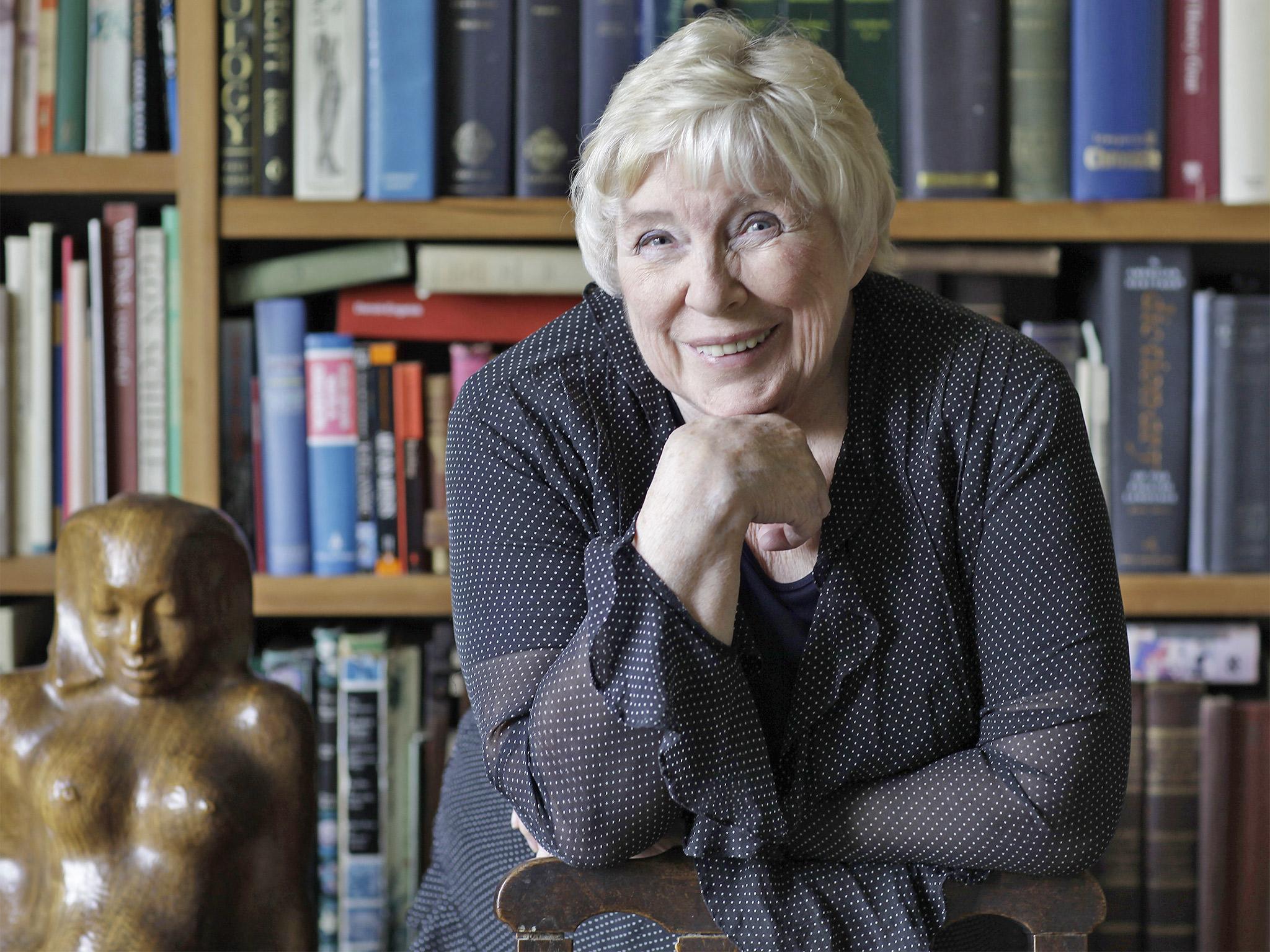Fay Weldon interview: ‘Abandon your dignity and write a racy page-turner’
Weldon suggested authors should tailor their work for Kindle readers

Writers should “abandon literary dignity” and write page-turning versions of their thoughtful masterpieces for the e-book audience, the acclaimed author Fay Weldon has suggested.
The 83-year-old author, who has written more than 50 works including The Life and Loves of a She Devil, told an audience at The Independent Bath Literature Festival that a different type of reader needed a different type of writer.
Authors should write a literary version for publication in print form, and a racier “good-bad” version for those who use e-readers such as the Kindle. Weldon revealed she had considered expanding a recent e-book novella for print.
“Writers have to write now for a world where readers are busy, on the move and have little time for contemplation and reflection,” she said. “The writer has to focus on writing better, cutting to the chase and doing more of the readers’ contemplative work for them.”
Weldon expands on the theme on her blog, quoting a survey in The Bookseller last year which showed that 90 per cent of book buyers read e-books with genre and commercial fiction comprehensively outselling literary fiction. One e-reader company, Kobo, also revealed the most read books last year were romance, followed by crime and thriller novels and fantasy.
In August, academics presented a study that showed Kindle users were “significantly” worse at recalling events in a mystery story than those reading in paperback. A European research network studying the effects of digital text reading said “research shows that the amount of time spent reading long-form texts is in decline, and due to digitisation, reading is becoming more intermittent and fragmented”.
Alice Mangen, of Stavanger University in Norway, a lead on the study, said it “might make a difference if the novel is a page-turner or light read…compared to a 500 page, more complex literary novel.”
Weldon wrote on her blog that the works that sell best in e-book form were fast-moving event-driven stories “with no lingering on obscure complicated ideas,” and that authors should “abandon literary dignity” and write two versions of the same novel. She added: “Writers can’t expect the same version of their book to serve both markets.”
She continued: “What the new reader wants is surprise, suspense, entertainment and it doesn’t make you any less of a writer, just a more accomplished one. But maybe something is lost just as it is gained.”
Her novella The Ted Dreams appeared originally as an e-book before it was published in her new collection Mischief, which provides a survey of her work over five decades.
“I thought for The Ted Dreams I might expand on the themes in print that I had thought might be boring,” she said. “I could still do that but I’d rather get on with what I’m doing now.”
She said that she can read books by writers such as Martin Amis in book form, but “in electronic form I tire”.
Join our commenting forum
Join thought-provoking conversations, follow other Independent readers and see their replies
Comments
Bookmark popover
Removed from bookmarks